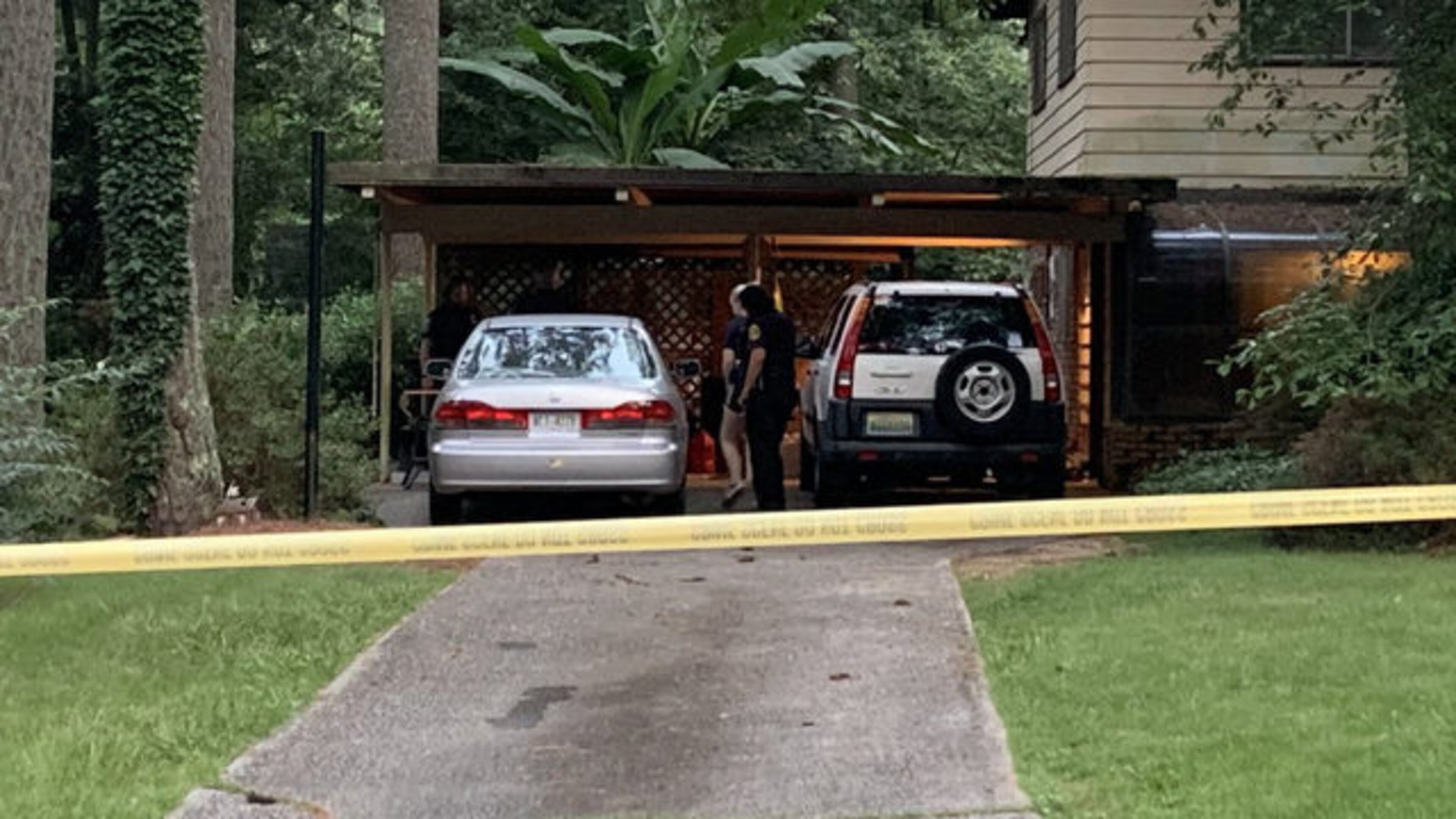How DeKalb police are responding after homicide record

It’s a problem within a problem.
In 2019, DeKalb County Police Department officers worked 125 homicides — more than in any other year. And despite months of numbers-crunching by two new data analysts, the agency’s leaders still can’t explain what fueled the grim record.
"There really were no trends," DeKalb police Chief Mirtha Ramos said, suggesting typical explanations for a rise in killings, such as feuding gangs, weren't factors. "The subjects weren't the same. The targets weren't the same."
The Atlanta Police Department, which serves roughly as many residents as the DeKalb department, worked 110 homicide cases (11 were deemed justified killings) in 2019, an increase of 7% from the previous year. DeKalb’s total of 125 (of which 13 were deemed justified) was up 33% over 2018.
Overall, violent crime in DeKalb was down by 11 percent last year, and officials point out that the homicides started to slow down after April.
But Ramos knows that's little consolation when the agency's latest annual stats are up in the most serious crime, the one that involves someone's son, daughter, sister, father or aunt having their life violently snatched away. So Ramos has made tamping down homicides a priority, which may prove to be among the biggest challenges she faces since joining the Police Department late last year.
Ramos, an energetic and personable veteran of Florida’s Miami-Dade Police Department, moved quickly in recent months to implement changes that she hopes will help. She ticked them off one by one: precinct-level detectives now must spend one day a week patrolling; shift change roll calls are often now held at gas stations or grocery store parking lots; officers are instructed to get out of their cars and talk to residents and business owners.
County leaders had already initiated other public safety measures, such as using license plate readers and security cameras around DeKalb to help solve and prevent crimes. But Ramos’ efforts are about an important and specific thing: police visibility.
The thinking goes, if police are more visible, they’re more available. And if police are more available, the odds are greater that people will cooperate with them on investigations and, hopefully, help prevent homicides when that’s possible.
Of course, preventing homicides is basically impossible in many cases. As Ramos pointed out, police can’t post themselves inside people’s houses and talk them down from arguments.
More cops needed?
Ramos has approved a request for two new detectives in the homicide unit, bringing the total to 16. The Police Department said its rate of resolving homicide cases in 2019 was 82%, which is better than the national average of 65%. Ramos said the clearance rate is high because of good investigators and because at least half of the victims knew their attacker.
But it’s not just about detectives. Sgt. Jeff Wiggs, who has been on the force since 1987, thinks more officers are essential to drive down DeKalb’s homicide numbers. They’d be a deterrent: more visible, more available.
“We continue to have a manpower problem. How come we have Brookhaven, we have Dunwoody, all the cities in the county — are they having the murder problem? No,” said Wiggs, who is president of the DeKalb County Fraternal Order of Police. “The fact that we have more (homicides) than anybody in the state is unacceptable.” (Before DeKalb County took the unwanted homicide crown a few years ago, Atlanta typically saw more killings than any other jurisdiction in Georgia.)
Wiggs said officers complain to him constantly that they are running from call to call to call and have no time to park the car and build relationships in the community. Some officers decide they’d rather go to another department where the workload won’t send them home dead-tired after every shift.
PREVIOUS COVERAGE:
» A tossed murder case leads to discord in DeKalb
» DeKalb man pleads guilty but mentally ill in murder of grandmother, 78
» OPINION: Want scary? DeKalb 2019 homicides already a record
Dawn Foster, who helps lead an unofficial neighborhood watch off Wesley Chapel Road, agrees that staffing is a problem.
“It’s hard to retain their officers,” Foster said while attending one of the community officer roll calls in a Kroger parking lot. “DeKalb is known as a difficult place for officers to work because of the crime rate, specifically south DeKalb.”
‘Holistic’ strategy
Officials have been trying to address the staffing shortage issues.
In 2017 and 2018, the agency added a total of 190 officers. Last year, 88 officers joined the department, which now has 750 sworn (47 of those will start work in February after police academy). Wiggs’ association has for years said DeKalb needs a sworn force of 1,000.
Ramos and DeKalb County CEO Michael Thurmond are hoping a proposed 4 percent raise will help. They’ve said better police pay would make it easier to keep experienced officers from jumping ship to another agency.

Officials also tout a "holistic" anti-violence strategy, which includes tearing down blighted properties, getting illegally owned guns off the streets, and working more closely with federal agencies.
Clearly, cutting DeKalb’s homicide numbers requires an arsenal of ideas. But Dean Dabney, Georgia State University criminal justice professor, said Ramos’ long history in Miami may have prepared her to address the issue. He said increased visibility is a good approach.
“Homicide problems are not new to her,” he said. “She has the capacity to deal with it.”


